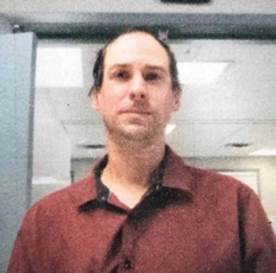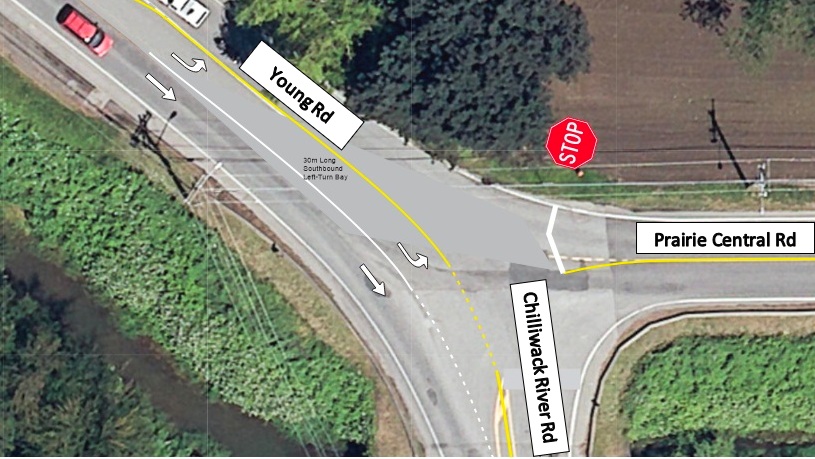Coast Salish Territory /Vancouver – The Union of BC Indian Chiefs unequivocally denounces the inaccurate and misleading statements made by Minister Carolyn Bennett to the national media and to the chiefs gathered at a meeting of the Assembly of First Nations. Minister Bennett has falsely stated that the specific claims process is being “overhauled” in favour of a new regime that has been jointly developed by First Nations.
Minister Bennett spoke to the CBC yesterday and to over 500 Chiefs attending the AFN Special Assembly in Ottawa, announcing that a new specific claims process has effectively been developed with the full cooperation of First Nations, and that this new process will emphasize collaboration and abandon the focus on Canada having breached its lawful obligations to First Nations.
These statements are absolutely false. The UBCIC and the BC Specific Claims Working Group are deeply concerned that Canada is continuing its longstanding pattern of unilateral action and willful misrepresentation regarding specific claims reform.
For the past two years, First Nations and their representative organizations have been in discussions regarding specific claims reform, following a damning report in 2016 by the Office of the Auditor General which concluded that the Specific Claims Branch was grossly mismanaging the specific claims process and creating significant new barriers to the resolution of hundreds of historic land-related grievances.
First Nations have identified Canada’s conflict of interest as the largest barrier to claims resolution, as Canada adjudicates claims against itself. First Nations and their representatives have been in discussions with Canada stressing the need to develop a new, independent process which adheres to the principles in the United Nations Declaration on the Rights of Indigenous Peoples. First Nations were promised that Canada had forwarded a proposal for an independent process to Cabinet for consideration, but there has been no movement forward for months.
Never have First Nations agreed to rid the process of its legal framework; the basis of specific claims is that Canada broke its own laws to protect Indigenous lands and assets and that Canada has outstanding lawful obligations to First Nations that must be addressed.
As such, First Nations now have to ask: What is this new process the Minister describes?
Meanwhile, the problems that have plagued the specific claims process for years continue to go unaddressed. For example:
- Specific claims research funding, cut by 30 to 40 percent nationwide by the Harper government in 2014, has not been restored, and the lack of funds means that many First Nations continue to be denied access to justice.
- As well, Canada is missing its own legislated three-year timelines to inform First Nations if their claims will be accepted for negotiations. While Canada downplays its missed deadlines by providing First Nations the option of taking their claims to the Specific Claims Tribunal, the appeal process for claims resolution created through legislation in 2008, Canada is refusing to provide First Nations with necessary funding to participate at the Tribunal, giving the majority of First Nations no recourse.
In the Auditor’s 2016 report, it was noted that Canada repeatedly overstated its progress and achievements on specific claims. Following the report and the demands for accountability, First Nations hoped, cautiously, for an era of transparency and genuine cooperation. Minister Bennett’s comments demonstrate that no such era has arrived. In fact, the inequities of specific claims reform may be continuing to worsen.
The UBCIC and the BC Specific Claims Working Group echo the sentiments of a late resolution that is on the floor today at the Assembly of First Nations Special Chiefs Assembly: we condemn any unilateral action by Canada. Further, we repeat the longstanding call for an independent specific claims process and demand that Canada move forward on its promise to support engagement to create one. Only an independent process will be able to resolve the conflict of interest that has resulted in the bias, inequity, delay, and unilateralism that have undermined specific claims processes for over 50 years.






